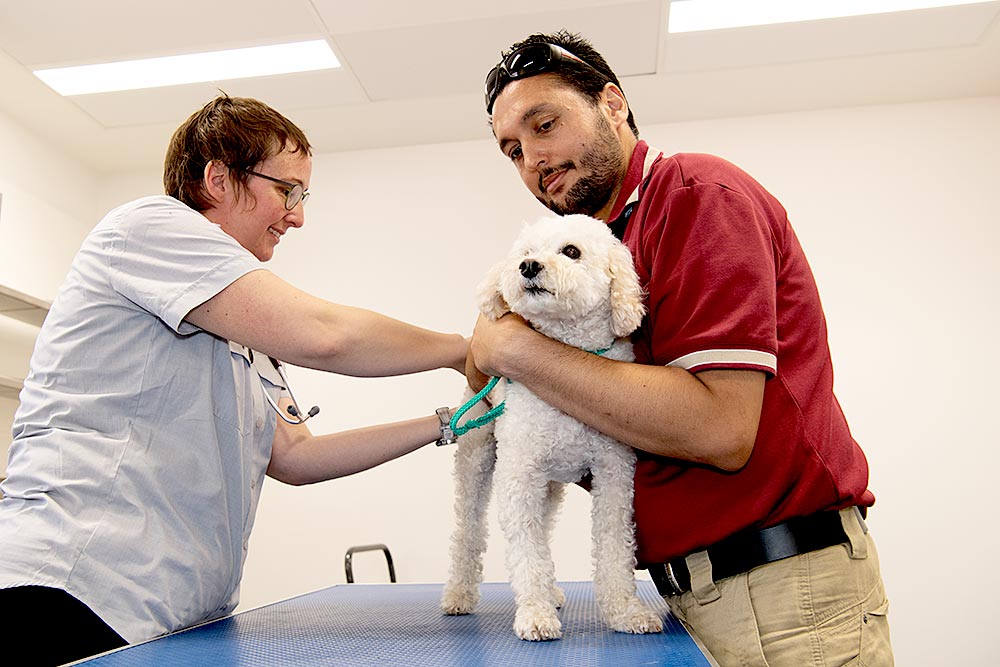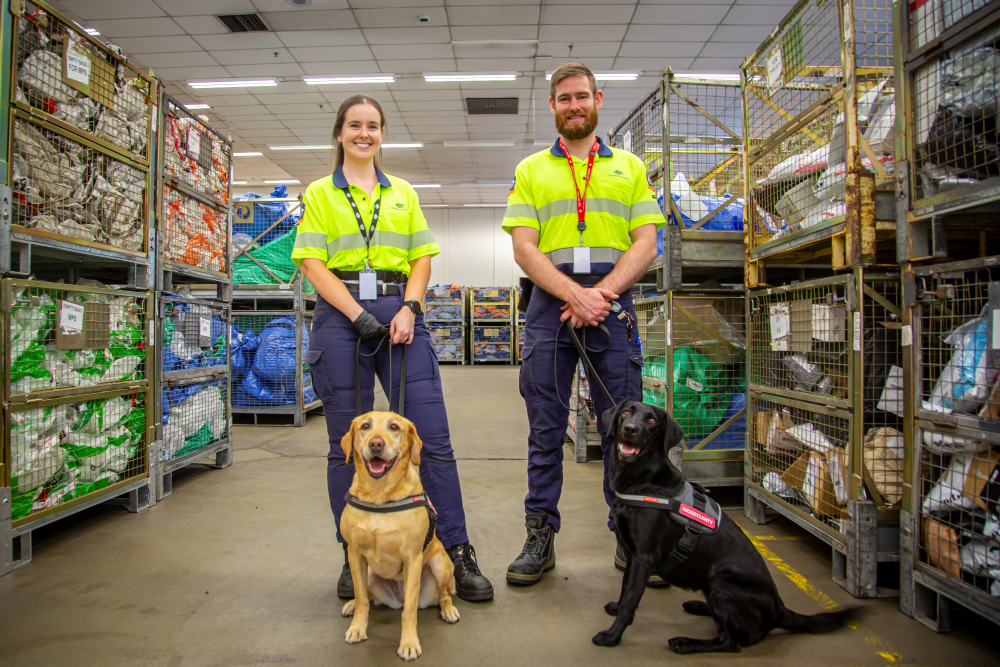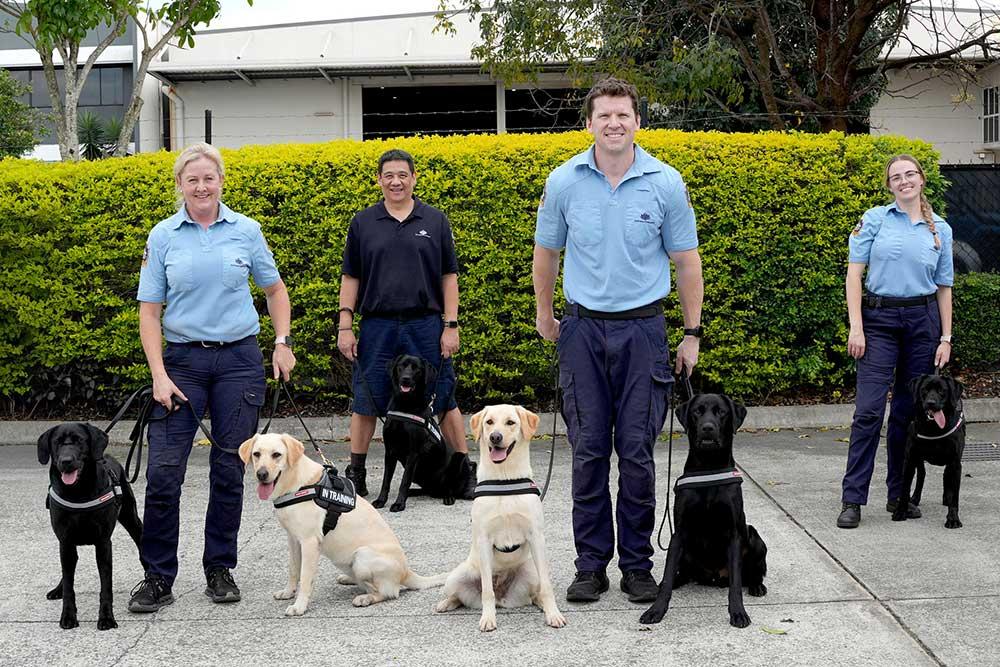
There’s been an increase of non-compliance at the national post-entry quarantine facility (PEQ) in Victoria with biosecurity officers detecting imported pets with false laboratory reports and fake vaccination certificates.
Three dogs recently imported to Australia were re-exported after biosecurity investigators discovered their health certification was fraudulent.
Many countries are reporting cases of fraudulent certification for cat and dog imports, including detections of pets without microchips and no proof of rabies vaccinations.
Australia has not been spared from exposure to fraudulent activity.
People are going to great lengths to falsify animal records. In some cases, animal blood samples have been swapped and microchips have been replaced, falsely linking animals to compliant documentation.
This non-compliance continues to be problematic for the department. Import conditions are in place for companion animals to help keep Australia disease and pest free.
To reach and educate impacted stakeholders such as domestic and stud dog owners, the department produced an article for Dog News Australia, Australia’s number one digital resource for dog lovers with a focus on professional dog breeders.
The article explains to dog owners that Australia’s import conditions for companion animals, including dogs and cats, were tightened in March this year as a response to an increased rabies’ threat.
Read the full Dog News Australia article.



